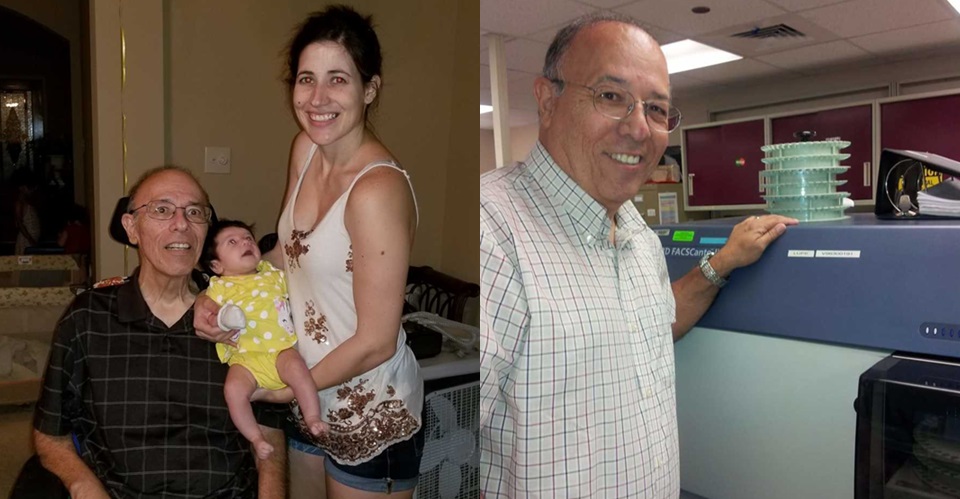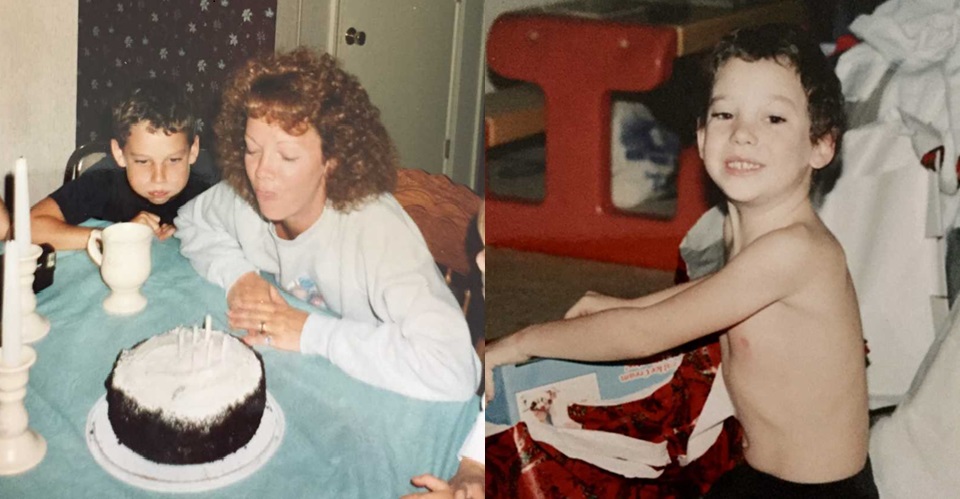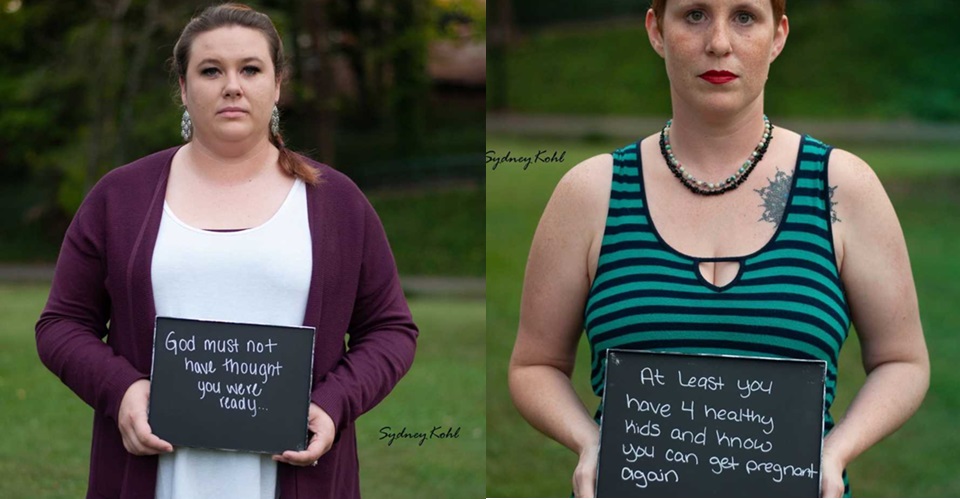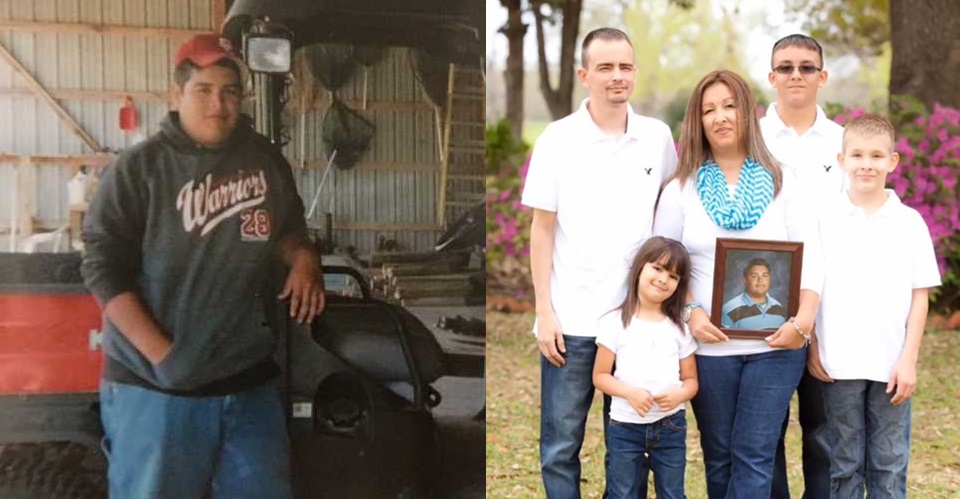When Heather Salinas talks about her father, her voice softens, showing pride and pain. He once carried grandkids on his shoulders, who danced in the living room to ABBA’s “Dancing Queen” just to make his daughters laugh. He was the glue in a family of five daughters, fourteen grandchildren, and now three great-grandchildren. But in October of 2016, their world shifted. That was the month her father was diagnosed with ALS, a disease that slowly and cruelly steals movement while leaving the mind painfully sharp.
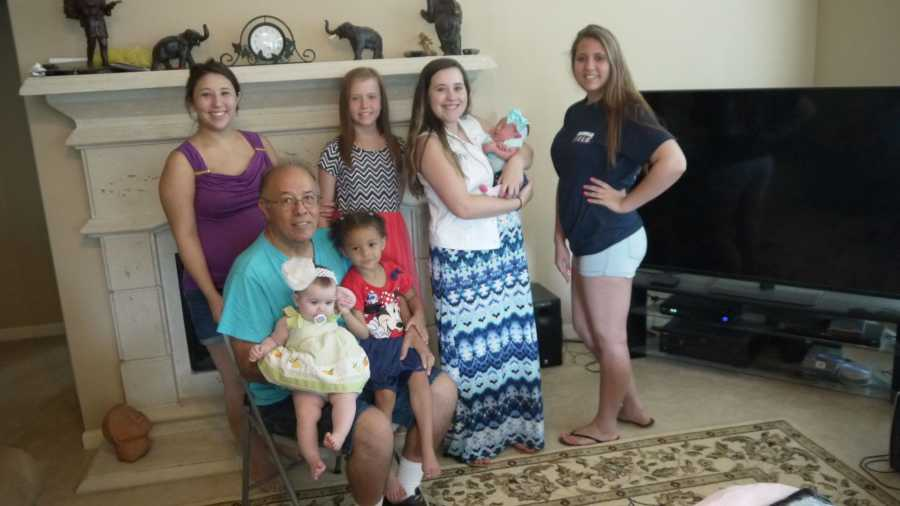
Long before the illness, her father was unstoppable. He served in the Navy during Vietnam, later working as a field service engineer until he retired in 2006. Retirement for him did not mean slowing down. He and his wife, married more than four decades, filled their days with cruises, road trips, and time with their big, lively family. He was the kind of dad who never missed a recital, filmed every school play, and once surprised his daughters by joining them in costume. Life was full, and love came easily.
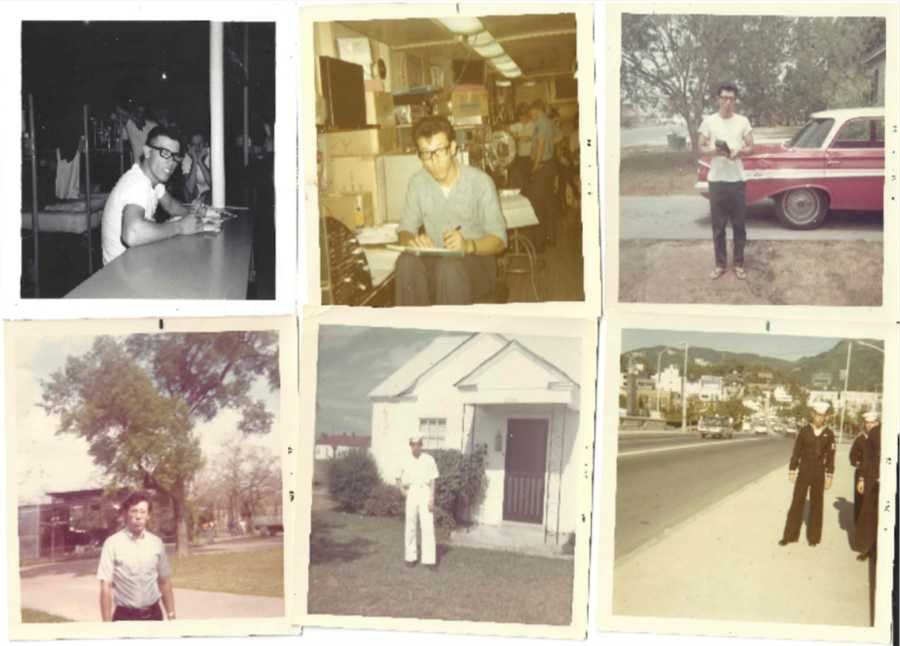
But in 2015, something began to change. At first it was small, so small it was easy to brush off. He tripped on a rug at one daughter’s doorway, landing face-first on the step. After that came more falls, then the slow shuffle of his feet. A cane entered the picture, then a walker. Doctors offered different theories, one even suggested surgery on his knee. But Heather and her sisters knew it was bigger than that. Months of tests finally brought the truth. On Halloween of 2016, their father was diagnosed with ALS. The word landed like a stone in their stomachs. Denial was easy initially, but reality crept in with every new limitation.
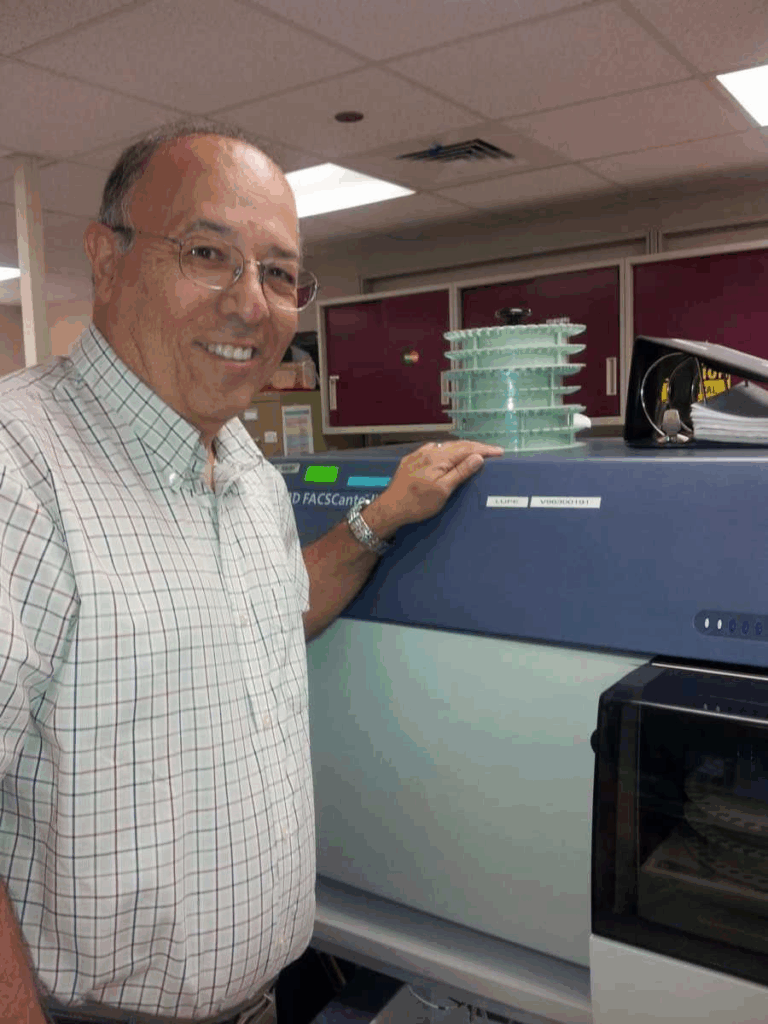
The older grandchildren, teenagers and adults, were heartbroken because they remembered him differently. They remembered the playful grandpa who chased them in the yard, who told stories with booming laughter. Now they saw him strapped into a wheelchair, struggling to form words. The younger grandchildren, and even the great-grandchildren, only know him this way. Some are too little to ask questions. Some only notice his voice is hard to understand. But all of them love him without hesitation, climbing onto his lap for wheelchair rides, planting kisses on his cheek, leaning in close as if nothing in the world has changed.
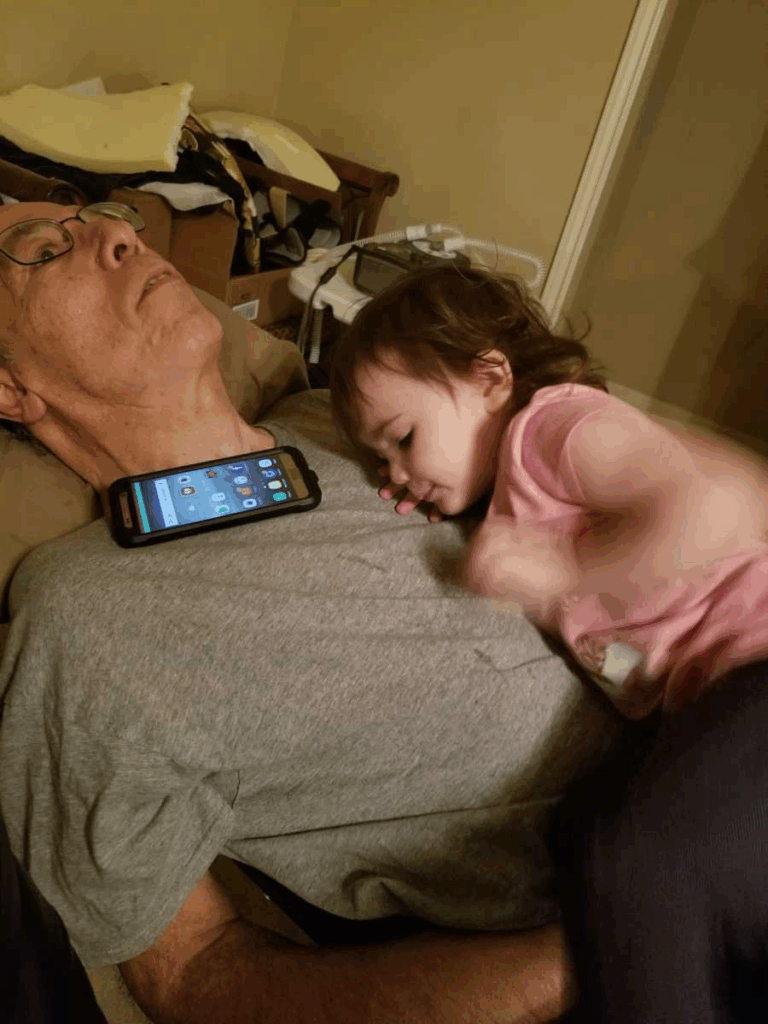
Heather and her sisters have become his caretakers. They cook him rich meals because ALS burns through calories fast. They brush his teeth, scratch his nose, wash his hair, clip his nails. They call it “beauty treatments” and he smiles his widest smile during them, grateful for the simple touch of his daughters’ hands. There are scares too, moments when his body crumples and he cannot get up. Sometimes they have called 911, only to realize even paramedics do not always know how to move someone with ALS. To avoid more of those terrifying scenes, the family bought a lift to help transfer him safely.
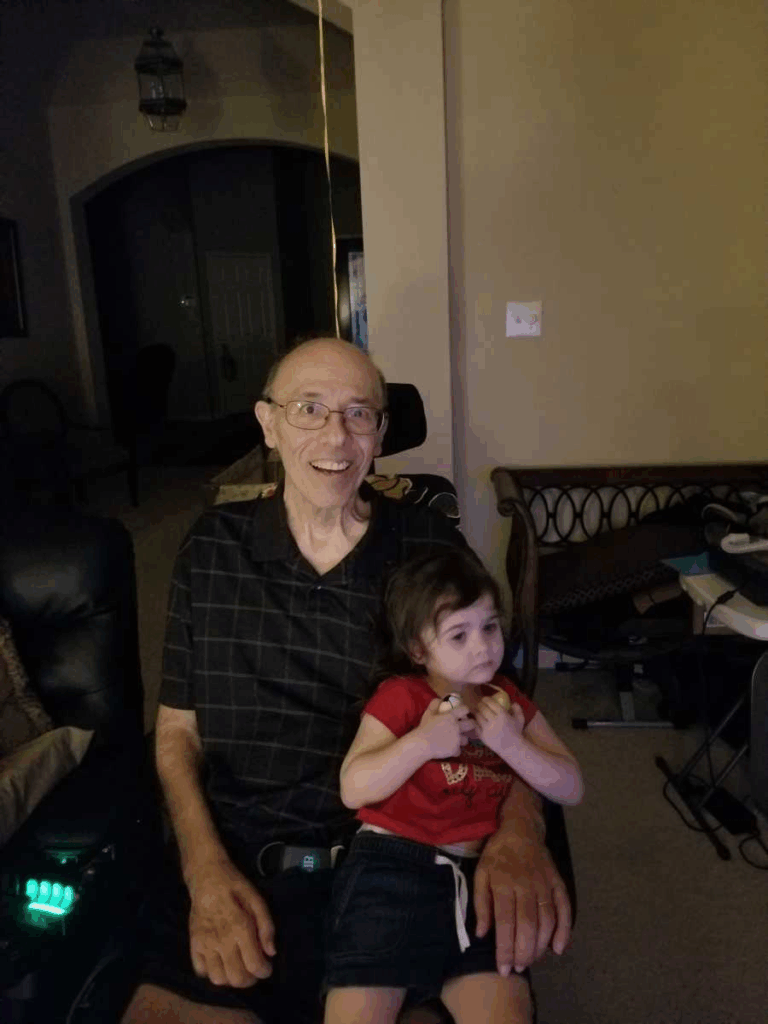
Every holiday feels precious now, every birthday another victory. The disease keeps moving forward, weakening his muscles and stealing his independence, but his spirit refuses to dim. He can no longer hold his new great-grandson or toss a ball with the little ones, and that loss cuts deep. Still, he leans in for kisses, still makes sure his family knows how loved they are. And they, in turn, surround him with constant care.
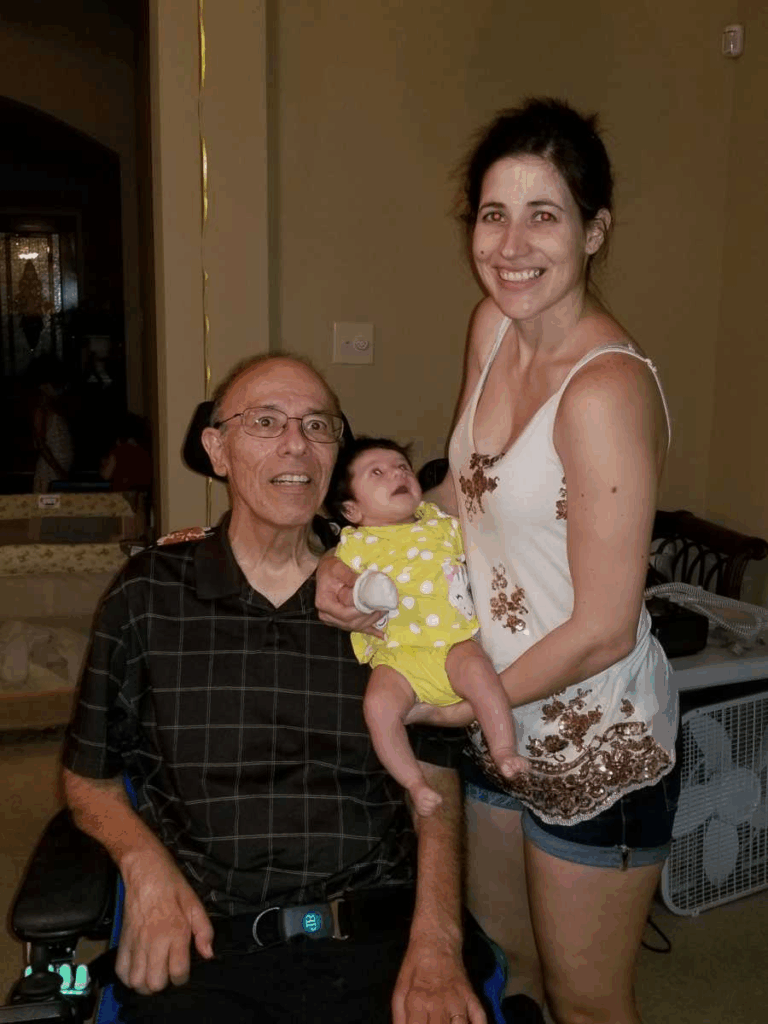
Heather says people don’t really understand ALS. They only know it is “bad.” They do not realize it leaves the mind untouched, so her father knows precisely what is happening as his body gives out. That, she believes, is the cruelest part, the silent torture of watching yourself weaken and being unable to stop it. But she also thinks love is what keeps him going. He refuses to miss graduations, birthdays, or the arrival of new babies. His family gives him reasons to fight, and he gives them an example of strength.
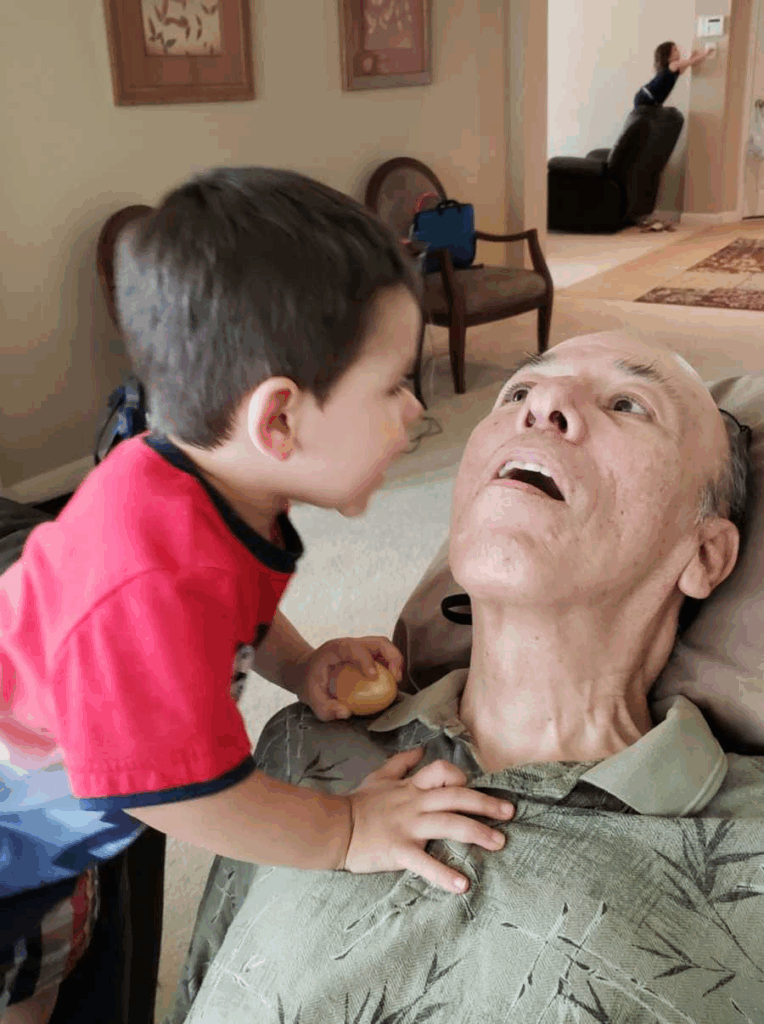
To Heather and her siblings, their dad is one in a million. To his grandchildren, he is a hero. To his wife, he is still her partner of more than forty years. They cannot change the disease, but they can make sure he never walks this road alone. Love, even in the face of something as devastating as ALS, is still the thing holding them together.
